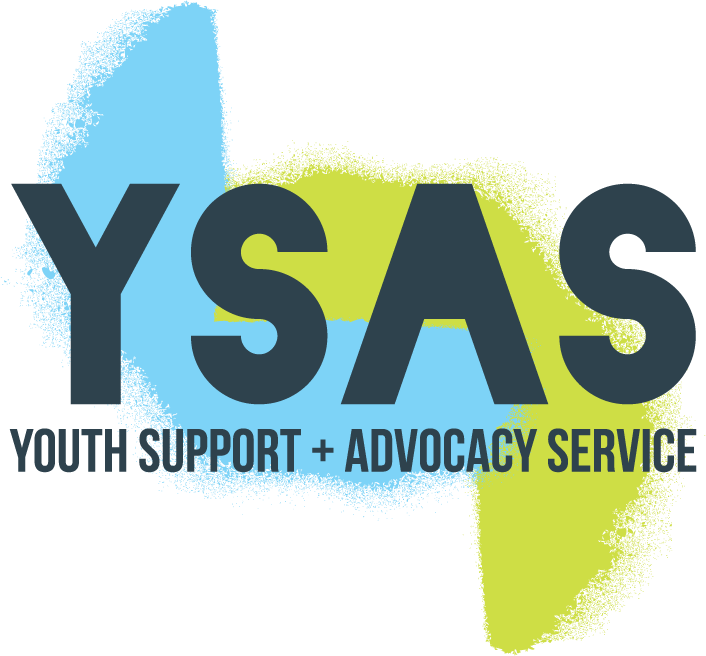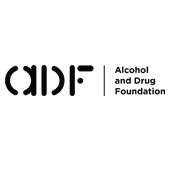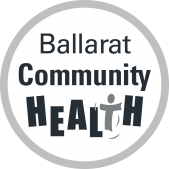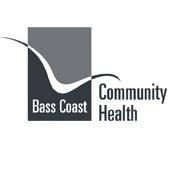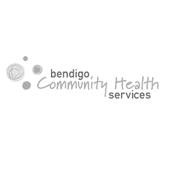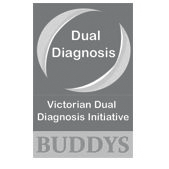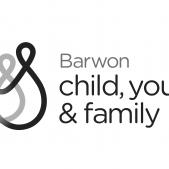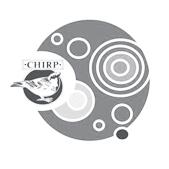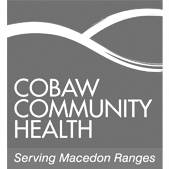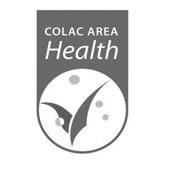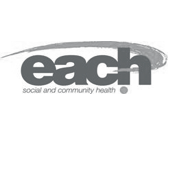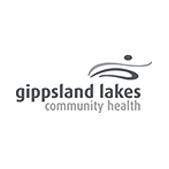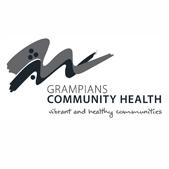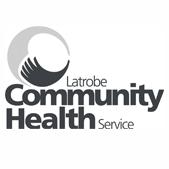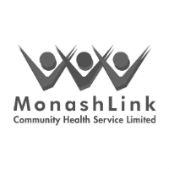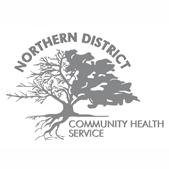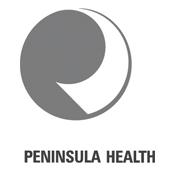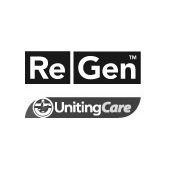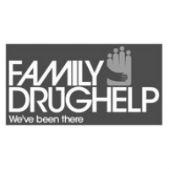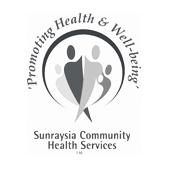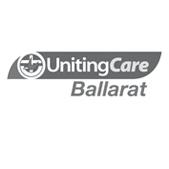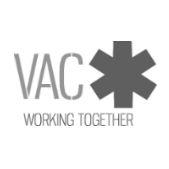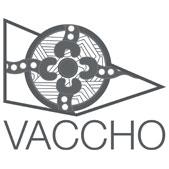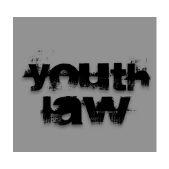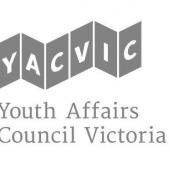Youth AOD Work
What does "Recovery" from mental illness mean?
Youth workers supporting young people accessing mental health services may have heard the term “recovery” used in reference to frameworks supporting care and support.
Having an integrated approach to the care and support of young people is easiest when there is alignment of practice approaches between services so it is important that Youth Workers understand what “recovery” and “recovery orientated practice” means.
The adoption of a Recovery framework in Mental Health has largely been brought about due to the experiences of consumers, clients and carers. Recovery is different to the idea of “getting better” in that it acknowledges that even in situations where the symptoms of the mental illness do not entirely disappear people can still live satisfying lives.
Recovery describes the lived experienced of gaining a new sense of purpose or identity outside of just the mental illness or concern. So every individual defines their own recovery and recovery is a very personal experience. According to this understanding, only the person with the mental illness can recover however family, communities, carers and workers are usually a huge part in helping the process.
It’s also important to note that it is not just illness from which people recover but from other unwanted consequences of being unwell such as unemployment, isolation and stigma.
The Commonwealth Department of Health has more info on the principles of Recovery in Mental Health care. Check them out here.




